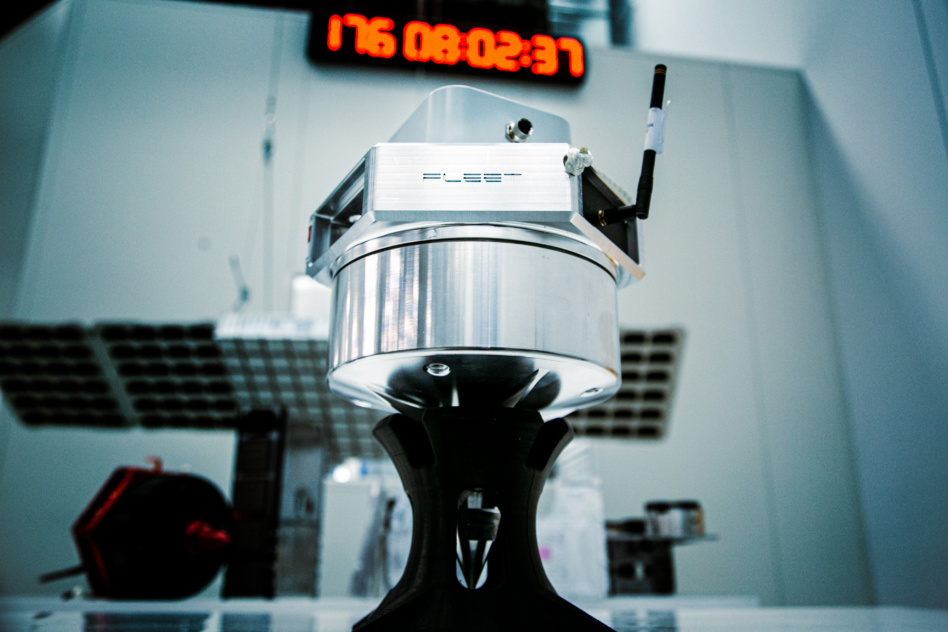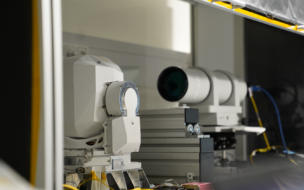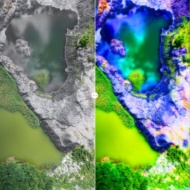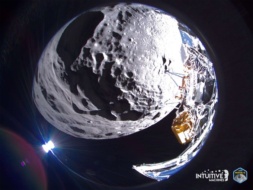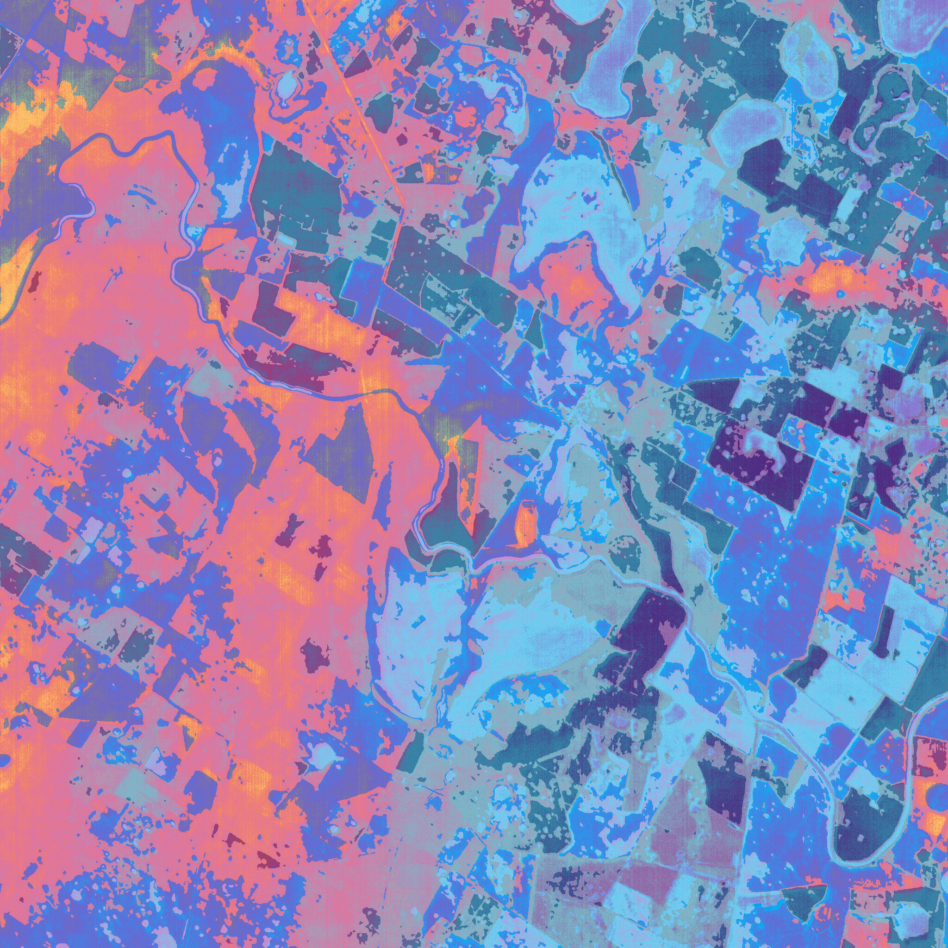Fleet Space, which specializes in hunting for minerals with proliferated geologic sensors, raised AU$150M ($100M) in a Series D round led by the Ontario Teachers’ Pension Plan venture arm.
The Australian firm’s backers value it at more than $525M—a measure that has more than doubled since a 2023 Series C.
The company has raised more than $165M since its founding in 2015. Previous backers Blackbird Ventures, Hostplus, Horizons Ventures, Artesian Venture Partners, and Alumni Ventures joined the current round.
Go time: “We’ve shown that we can accelerate mineral exploration in the early phases by at least an order of magnitude, somewhere around 10 to 30x,” Fleet Space cofounder and Chief Exploration Officer Matt Pearson told Payload. ”[T]ier one mining companies are taking notice…now they’re looking to put their foot on the gas, so we need more equipment, we need to be in more countries around the world.”
A whole lot of shaking: Fleet Space has conducted almost 400 surveys for mining giants like Rio Tinto, deploying satellite-linked seismic sensors that can map the ground up to 2.5KM below the surface.
Fleet operates two satellites and plans to launch three more in 2025—”part of this round is about removing those limitations, so that we can keep serving bigger and bigger surveys faster, and more concurrent surveys in a particular region,” Pearson said.
The company’s tech is positioned to benefit from the global hunt for minerals that are critical to decarbonizing the economy, like copper and uranium, with the added bonus of having a smaller environmental impact than more invasive prospecting techniques.
Moon opportunity: The company is taking its expertise into new markets, with plans to land a water-hunting lunar variant of its seismic sensor, dubbed SPIDER, during a Firefly Aerospace Blue Ghost mission in 2026.
“One thing we’ve learned from the mining industry is that grade matters—the percentage of whatever you’re looking for,” Pearson said. “If you find high quality deposits, buried a little bit deeper, it’s very often more economical to sink a pipe down and get it.”
Talk Secret: Fleet has also won a contract to demonstrate secure communications for the Australian military, leveraging the satcom tech it uses to link its ground sensors.
